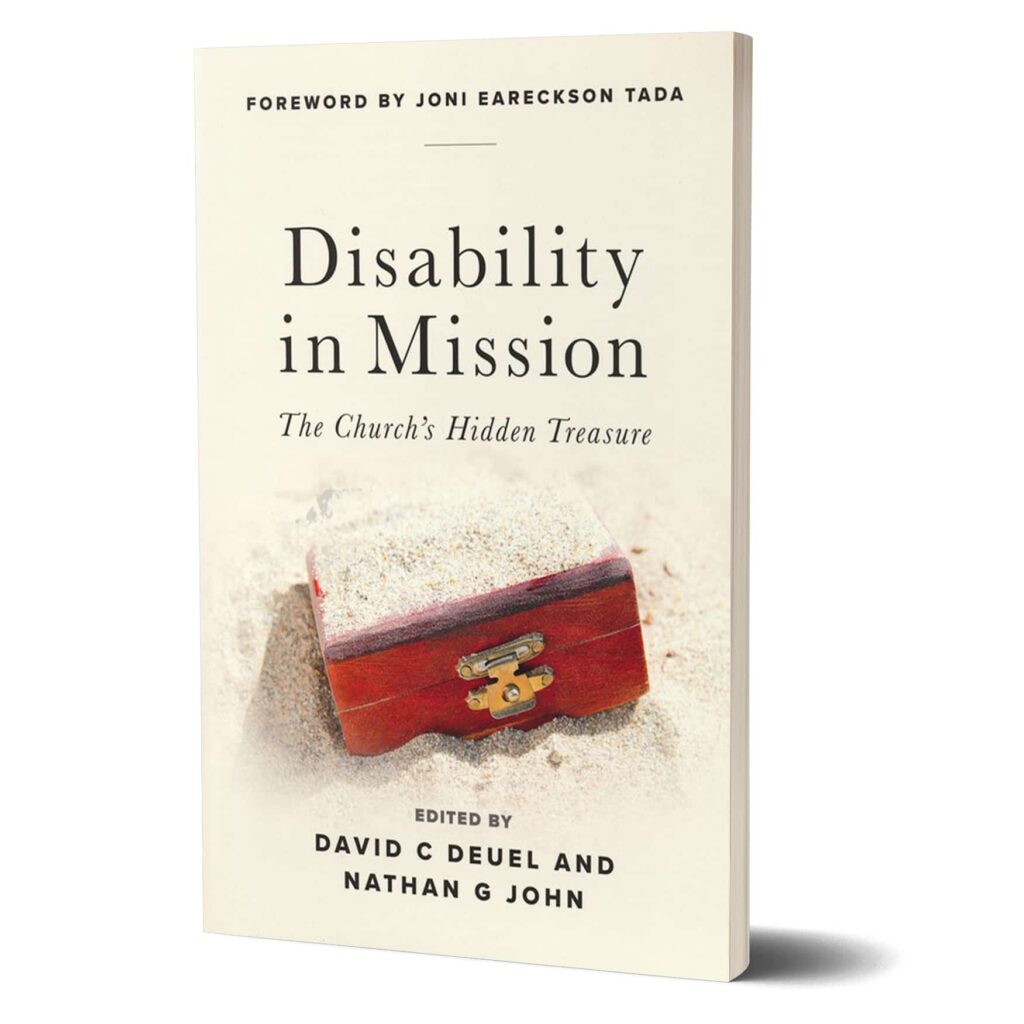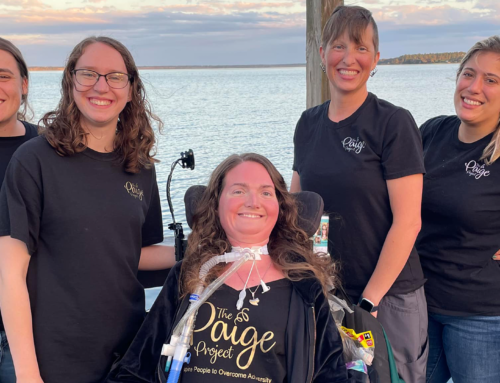Who Cares for the Caregiver?

You May Need Care
Who cares? As we saw in the first blog, we were born to care according to God’s creation plan (Genesis 1:26-28). It is who we are and what our Lord designed us to do. That’s how we live out the image of God in which he created us. When we care for others, we act like our Creator and do his will. But caregivers also need care at times.
To care for caregivers, it is important to understand a caregiver’s needs. What role do needs play in caring for caregivers?
God Designs Care to Meet Needs
Needs can be complex. Every need we experience is uniquely God-designed. Our Creator makes no mistakes, not even in planning to meet our needs. Neither does he make two needs or their solutions alike.
As we saw in part 1, God sent Joseph into Egypt. The brothers thought they sent him. After all, they kidnapped him and sold him to slave traders who took him to Egypt. But Joseph corrected their misunderstanding; he explained that God not only sent him, but also orchestrated every detail according to his sovereign plan.[1] God’s plan was to care for Joseph’s brothers as well as the entire nation of Israel hundreds of years later (Genesis 50:20). From this passage we learn that only God can plan care with fail-safe outcomes that override all wicked human intentions.
Those Who Need Care Must Want It
Although Joseph’s brothers did not ask for his care, Joseph saw his brothers’ needs as requests for care. That’s how we should understand caregivers’ needs. We should view the needs of caregivers who are suffering in their care for others as silent pleas for help. But how can we get them to receive our care if they are reluctant? Caregivers want to succeed at their God-given roles. But they may need care so that they can, in turn, care for others.
What can we say to caregivers who are stressed, exhausted, and ready to give up? Some already may be in deep and dangerous distress.
• Encourage care. Many caregivers refuse care because they don’t think they need it. But when they reach the end of their ability to fix their own problem, they cry out in anger to God, worse yet, they consider giving up. Unwise decisions like this are unnecessary. Churches—not the buildings but the people—were made to care. We must be gentle but bold in advising weary caregivers to receive care. They may need help in accepting it.

• Accept care. Some people believe that we are made to suffer. Rather than do anything about their suffering, they should just accept it, or so they think. But this martyr-like approach is unnecessary. If God wants us to suffer, he can accomplish it without us bringing it on ourselves or neglecting to do anything to alleviate it. After all, God wants to care for us too. As a caregiver whose resources are depleted, you only need to accept it. But what if no one offers you help?
• Request care. If you are a caregiver and you are at the end of your self-care, reach out to others whom God wants to care for you. Do some people abuse asking for help? Yes, of course. But someone who feels they can’t go on is not taking advantage of others by reaching out and asking for care. In Joni’s blog on care, she and Ken emphasize the importance of asking. Don’t wait to ask for help. Request care from family, church, and friends.
An Action-Plan for Caring for Caregivers
As a caregiver for 35 years, I’ve learned to spot the symptoms in other caregivers. Physically and emotionally weary people show it in their eyes and their sighing. But more critically, spiritually weary people show it in their hearts. That should be most concerning to us see it.
As Christians, we’re not supposed to get spiritually weary for that’s spiritual failure. But what if it happens to you or to people you love? What can we do?
• Watch out for caregivers in your life who struggle. Those who need your support most may never seek it; they may flatly refuse it! Politely and gently insist. Do not wait for the stresses of care to take its toll. One of the saddest lines is “If only I had reached out before this happened.”
• Intentionally ask about caregivers’ needs. The complexity of others’ needs may hide them from you and hinder you from helping. You may need to peel back layers of confusion to get at the real issues. Listening carefully is critical! Surprisingly caregivers have a way of hiding their struggles from others who want to help. Do not judge them for this. It may be part of the confusion and extreme stress exhaustion creates. And no one wants to feel like a burden.

• Prioritize spiritual care. Don’t preach. Listen carefully because caregivers need to be heard. Talking helps them. Based on what you have heard them disclose, encourage and comfort always using scripture. In doing these things, you will offer spiritual support to caregivers who desperately need it. Finally pray with not just for the struggling caregiver. Is there more we can do?
• Find resources to assist caregivers in distress. Often, insurance plans or government services and support are available. Weary caregivers may be unaware of them, but not feel worthy of them. But these are God’s provision through his agencies. He owns them. Usually, churches or other individuals can also help. If caregivers turn these resources down, help them realize that they may be the solutions God has sent to help them. Be especially kind and patient with them.
God Can Use You to Care for Caregivers
Caring is helping, especially when it is for weary and broken caregivers. You’ve heard it said, “God helps those who help themselves!” But crucially, God helps those caregivers who help others. Do you as a caregiver need help? If not, what struggling caregiver can you help?
Reflection and Action
• Can you recall the last time you wanted to care for another person?
• Can you remember desperately needing care, but too unworthy or proud to accept it?
• On God’s appointed judgment day, how much will you wish you had cared for others?
Written By—Dave Deuel, PhD
Dave Deuel is married with four adult children, one daughter has Down syndrome. He also has a sister-in-law who has an intellectual disability. He is Academic Dean Emeritus for the Master’s Academy International, Senior Research Fellow Emeritus and Strategic Alliance SME for the Joni Eareckson Tada Disability Research Center, and Catalyst for the Disability Concerns Issue Network, the Lausanne Movement.
He served as Old Testament professor and department chairman at the Master’s Seminary for 10 years and in pastoral roles of local churches, five of which were church plants. He is currently elder for pulpit and interim pastor for area local churches in upstate New York.
[1] Genesis 45:5-8 [3 times]).

Disability in Mission
Disability in Mission: The Church’s Hidden Treasure outlines a radical change in approaches to missiology, missions, and praxis for the twenty-first-century global cultural context. It explores a pattern whereby God works powerfully in missions through disability and not in spite of it.





